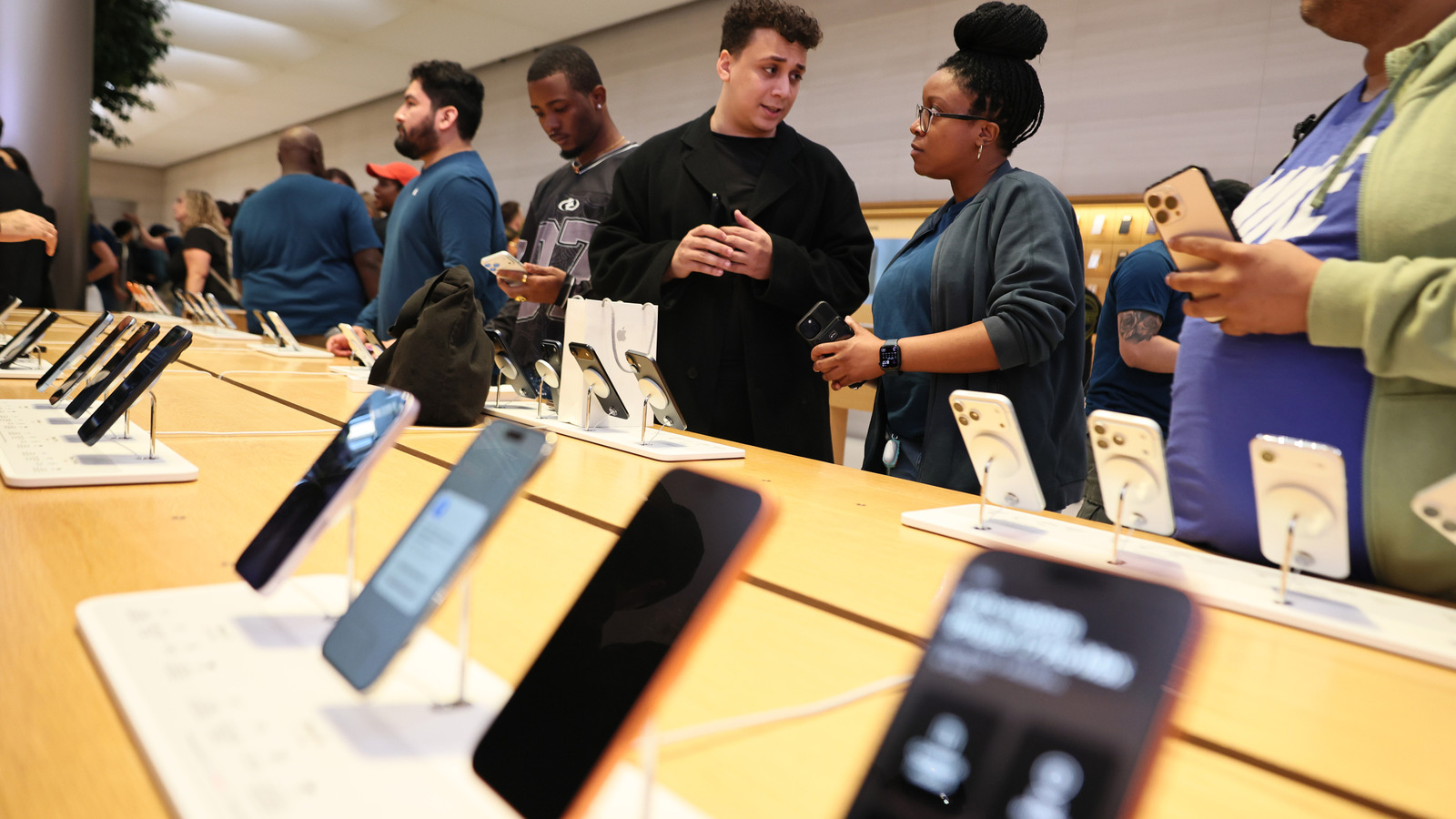President Trump’s decision to raise the fee for H-1B visa applications to $100,000 is sending shock waves through Silicon Valley, as the changes enact new hurdles to hiring foreign talent in the U.S. tech industry.
The administration has argued the hefty new fee on visas for highly skilled foreign workers will encourage companies to instead hire American workers amid an ongoing push to steeply curb immigration. However, experts warn the move may have unintended consequences for the American tech sector.
“It’s going to be a big blow to the industry and will result in less innovation, less output, less economic growth in the United States,” said David Bier, director of immigration studies at the Cato Institute.
Trump signed a proclamation Friday increasing the H-1B visa fee to $100,000. It previously cost between $2,000 and $5,000, according to NBC News.
“No more will these Big Tech companies or other big companies train foreign workers,” Commerce Secretary Howard Lutnick said alongside the president in the Oval Office. “They have to pay the government $100,000. Then they have to pay the employee. So, it’s just not economic.”
“If you’re going to train somebody, you’re going to train one of the recent graduates from one of the great universities across our land. Train Americans. Stop bringing in people to take our jobs, that’s our policy here,” he added.
Tech companies are particularly dependent on the H-1B program. Amazon was the top recipient of new H-1B approvals in fiscal 2024, according to data from the National Foundation for American Policy.
The information technology (IT) firms Cognizant and Infosys were the second- and third-highest recipients, respectively. Also in the top 25 were IBM, Microsoft, Google, Meta, Apple, Intel and Tesla, the data shows.
“H-1Bs are the primary pathway through which skilled workers, skilled immigrations come to work in the U.S. economy, essentially,” said Adam Ozimek, chief economist at the Economic Innovation Group, adding, “It’s a really important source of innovative, skilled workers.”
Trump’s proclamation Friday spurred panic across the tech sector, with Amazon, Microsoft and Meta warning employees on H-1B visas to remain in the U.S. or immediately return to the country before the changes went into effect Sunday, according to Business Insider.
The administration quickly sought to stem these concerns, accusing corporate lawyers and others of “creating a lot of fake news” about the decision.
It noted the new $100,000 fee does not apply to anyone who currently has a visa or participated in the latest lottery and does not impact the ability of visa holders to travel to and from the U.S.
White House press secretary Karoline Leavitt also clarified Saturday that the $100,000 fee would be a one-time fee, despite comments from Lutnick on Friday suggesting it would be an annual occurrence.
While the administration has alleviated immediate concerns, the changes are still likely to weigh on the tech industry.
“A $100,000 fee for each new H-1B application — it’s not just a little hurdle, that is prohibitively expensive. That would effectively shut down the H-1B program for many companies,” said Luke Koslosky, a senior research analyst at Georgetown University’s Center for Security and Emerging Technology.
He suggested some large tech firms might be able to pay such a fee, but it could quickly become incredibly expensive given the hundreds or thousands of H-1B visa holders they employ. Smaller firms and startups are unlikely to be able to afford the fee, he added.
“If you’re trying to compete on the international stage, the U.S.’s competitive advantage is its ability to attract talent, and the H-1B program is a big way that we do that,” Koslosky said.
“H-1B is that bridge that pairs our top-tier universities with our private industry and grows our economy. And if you remove the bridge, people either aren’t going to come or they aren’t going to stay, and our economy shrinks,” he added.
This could cost the U.S. as it competes with China to gain the upper hand on AI — an issue that has been front and center in the Trump administration.
The new H-1B visa fee is unlikely to boost American employment, Bier said, dismissing the administration’s claim otherwise as “fanciful thinking” and emphasizing that “there’s not some huge supply of unemployed American software developers.”
Koslosky similarly suggested there are simply not enough American workers with the skill requirements for jobs in the AI and semiconductor industries.
“If companies could just backfill with American workers, they would,” he told The Hill, adding, “Tech companies are not going to be able to find employees to fill their workforce needs.”
Amid this environment, companies might turn overseas and increase their workforce in other countries, Bier said.
“It’s going to punish Americans overall,” he said. “It’s not going to result in more jobs. The industry is going to shift abroad, investment is going to shift abroad and we’re going to end up with a lot of fewer jobs created here in the United States than before this order.”
Americans will ultimately lose out on the benefits that come from having these highly skilled workers in the U.S., he added.
“Every H-1B worker that comes in is spending tens of thousands of dollars in the United States, creating jobs in other industries and other places, increasing demand for middle-skill, lower-skill workers,” Bier said.
Trump has previously voiced support for the visa program, calling himself a “believer in H-1B.” He made the comments late last year, as a split emerged within the Republican Party between the president’s Silicon Valley supporters and his traditionally anti-immigrant MAGA base.
Tesla CEO Elon Musk and conservative entrepreneur Vivek Ramaswamy, then poised to serve as co-chairs of the Department of Government Efficiency, argued in favor of the program, suggesting it was necessary to fill in the gaps in Silicon Valley.
They found themselves at odds with the likes of far-right activist Laura Loomer, who contended that foreign workers were taking jobs from Americans.
While Trump weighed in on the side of Musk and Ramaswamy amid the December spat, the latter argument appears to have won the day in the White House.
Despite raising concerns about the potential economic impacts of the new H-1B visa fee, Ozimek acknowledged the program does need reform to ensure it prioritizes “the best and the brightest.”
“There’s a paradox here,” he said. “The H-1B program is not optimized. It has some obvious problems that we should fix, and if we did fix would generate really positive effects.”
“On the other hand, the program is not a disaster,” he added. “The workers who come here are genuinely high-paid. They’re innovative. And it’s an important pipeline for skilled workers to come to this economy. So, we need to be able to walk and chew gum at the same time here.”









